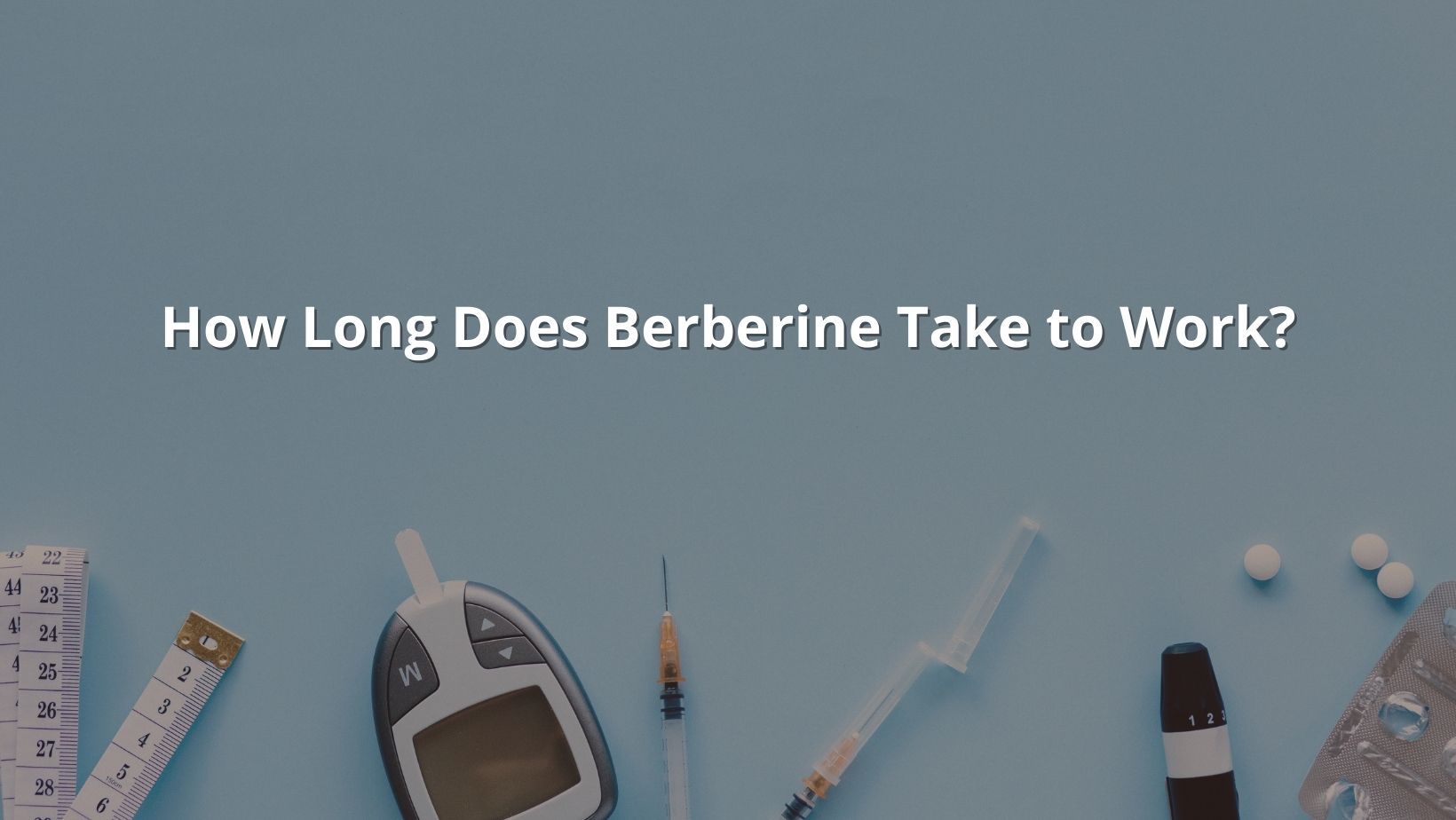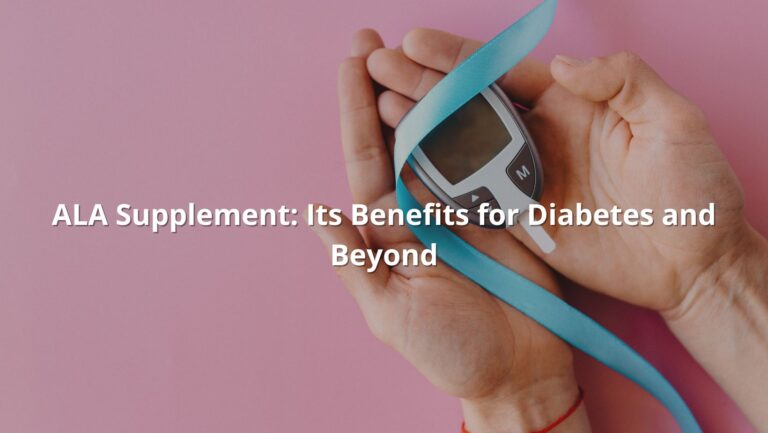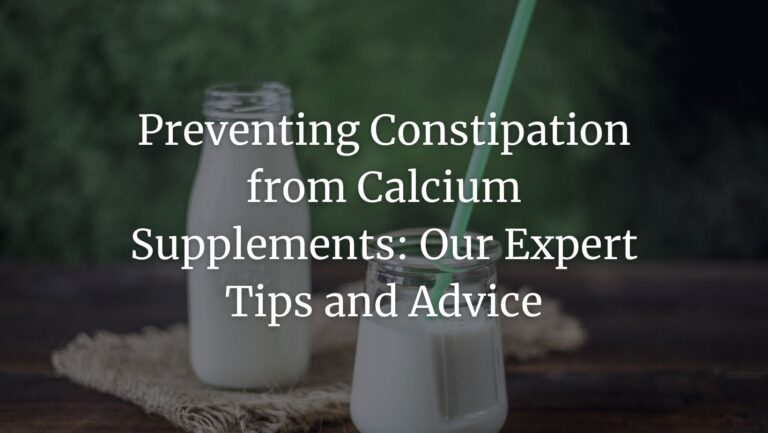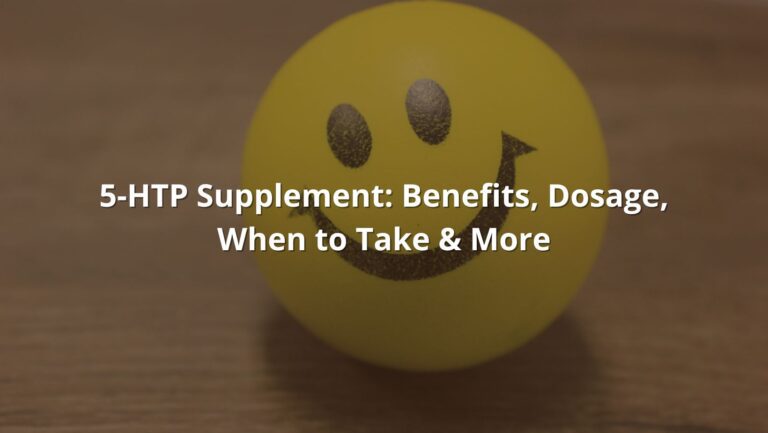How Long Does Berberine Take to Work?
Ah, berberine. Dubbed nature’s Ozempic, more and more people are looking toward it for a metabolism boost. But how soon can you expect changes? This article will help you find out.
A humble golden-yellow compound, hailing from various plants such as barberry and goldenseal, berberine has been treasured in traditional Chinese medicine for eons. But, research shows that berberine is not just an old wives’ tale. This mighty supplement helps keep blood sugar levels in check, acts like a guardian for your heart, and might even throw a wrench in cancer’s plans.
But that’s not what most people look for when they buy berberine supplements. The chatter around the wellness community is that berberine has been making waves in the weight loss department too. Some zealous advocates have even bestowed upon it the nickname “nature’s Ozempic”, likening it to the renowned diabetes (and, as of lately, weight loss) medication.
Whatever your reasons to take berberine, though, timing is important. If you’re here, it’s because you’re asking yourself – how long does berberine take to work? That’s precisely what we are hunting for in this article. Buckle up, as we navigate through the sea of research and information, and steer towards understanding how quickly berberine can impact your health and well-being.
Ready to set sail? Let’s dive in!
How Long Does Berberine Take to Work?
Alright, now that we’ve set the stage for what berberine is capable of, let’s dive into the heart of the matter: how long does it take to actually start working its magic?
First off, it’s important to understand that everyone’s body is like a unique puzzle, with different pieces and patterns. What might take a few weeks for one person might take a bit longer for another. Personal factors like metabolism, lifestyle, and genetics play a role in how quickly you might see the effects of berberine.
However, we don’t have to sail these waters blindly. Research offers us some guidance. Generally speaking, it’s a good idea to give berberine at least three months – or around 12 weeks – to show its benefits.
Why three months, you ask? Well, a number of scientific studies have observed significant changes in blood sugar levels, lipid profiles, and even weight loss within this timeframe.
For instance, one trial found that participants with type 2 diabetes who took berberine for 3 months experienced a notable reduction in their blood sugar levels. Similarly, research in Phytomedicine showed that obese individuals taking berberine for 12 weeks saw improvements in their lipid profiles and a reduction in body weight.
So, patience is key here! While you might be eager to see results overnight, berberine is more like a steady, reliable friend who’s in it for the long haul. Mark your calendar for three months, keep consistent with your berberine intake, and monitor any changes in your health.
Now, you might be wondering how to maximize berberine’s potential. Don’t worry, we’ve got you covered. Read on as we delve into the dos and don’ts of taking berberine!
How to Help Berberine Work Better?
We’re well on our way in our berberine journey, and now it’s time to look at how we can be savvy about taking this supplement to maximize its potential. After all, if you’re going to invite berberine into your daily routine, you might as well roll out the red carpet for it, right?
First and foremost, let’s talk dosage. The golden range, as suggested by most studies, is between 500 to 1500mg per day. But, hold on, don’t just down it all at once!
Berberine isn’t actually absorbed as well as we want it to. Getting it from a pure, third-party-tested supplement helps, but once a day might still not cut it. So, to keep berberine circulating and actively contributing to your health, it’s best to break up the dosage. A common strategy is to take it three times a day, with doses around 500mg each time.
Next on the list: mealtime. Pairing berberine with your meals is like giving it a buddy to enter the bustling party that is your digestive system. Not only can this help to prevent gastrointestinal symptoms (because, let’s face it, no one wants an upset stomach), but it can also improve how well berberine helps to control your blood sugar levels. Just think of it as giving berberine a plus-one to the party!
Of course, while berberine is amazing, it’s not a lone ranger. Combining it with a healthy lifestyle is essential. This means engaging in regular physical activity, eating a balanced diet, and managing stress. Think of berberine as a valuable team player, but remember that it’s still part of a team.
In summary, be smart with the dosage, make mealtime berberine’s stage, and foster a healthy lifestyle to create a winning combination.
We’re almost at the end of our berberine adventure. Ready for some final thoughts to wrap it up? Let’s go!
Final Thoughts
And just like that, we’ve traversed the intriguing landscape of berberine. From its storied roots in traditional medicine to its newfound acclaim as a multi-faceted supplement, it’s clear that berberine is not just a passing fad.
Before we part ways, let’s recap what we’ve discovered together: Berberine can be a powerful ally in managing blood sugar levels, protecting the heart, and even aiding in weight loss. But remember, it’s not an instant fix – giving it a solid three months is a wise approach to truly gauge its impact on your health.
Moreover, let’s not forget that while berberine is indeed impressive, it’s not a solo act. It should be part of a more comprehensive lifestyle symphony that includes a balanced diet, regular exercise, and stress management. You can’t out-supplement a poor lifestyle – there is no miracle pill for that.
Lastly, although we’ve ventured through a wealth of information, it’s always wise to consult with a healthcare professional before incorporating any supplement into your routine, especially if you have underlying health conditions or are taking medications.
As we dock back at the shores from our berberine expedition, I want to thank you for joining me on this journey. I hope that this article has illuminated the path for you in understanding berberine and its potential role in your wellness story.
Or, in simpler, less grandiose phrasing – thank you for reading and until next time 🙂







